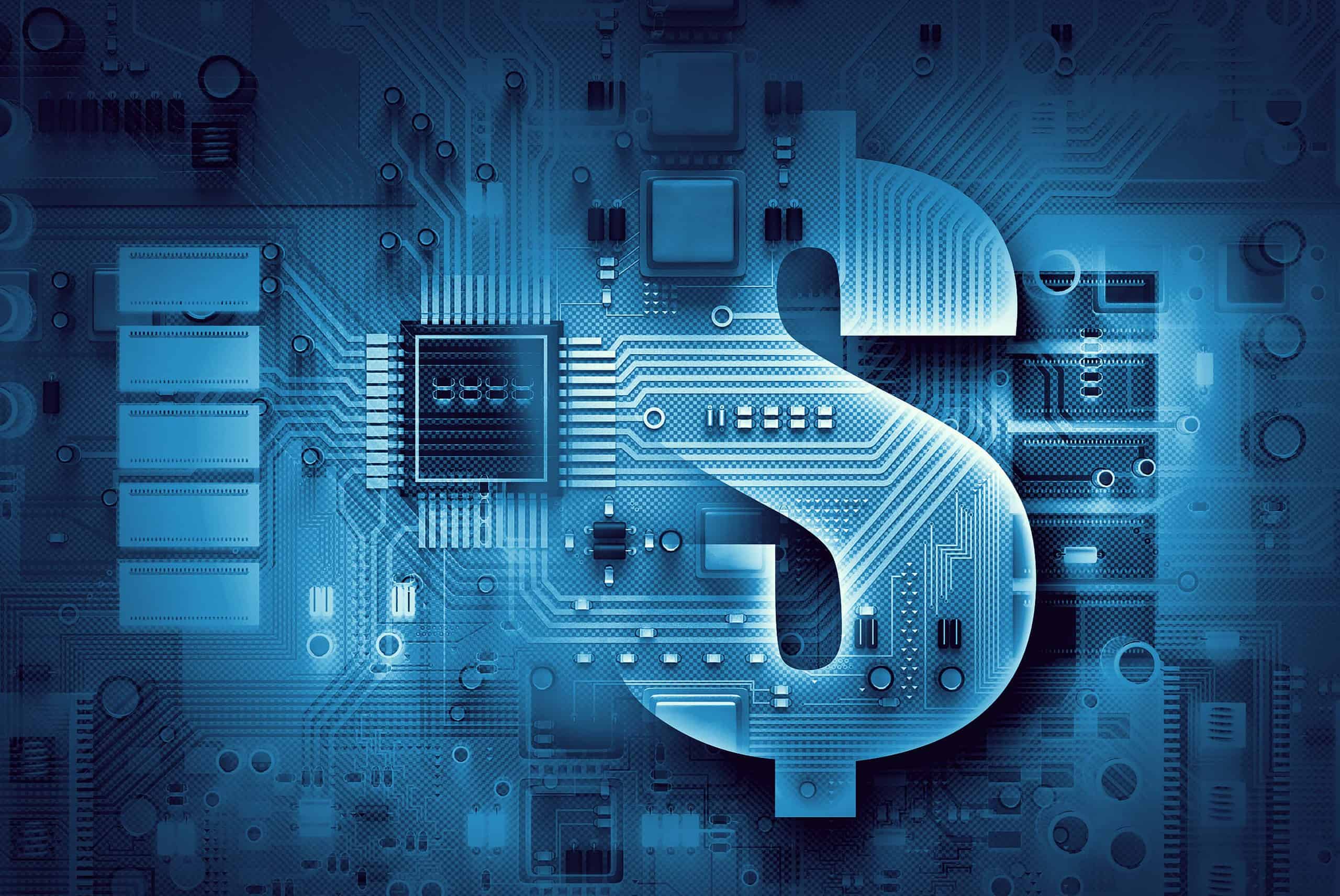Glimpse to Future of Money: Digital Dollar's Potential Impact on Money Use

US President Joe Biden tasked government agencies to look into the creation of the digital dollar, joining more than 100 countries that are already exploring or piloting programs with their own central bank digital currency for the future of money.
With the US dollar’s central role in commerce and secure investment for global investors and governments, this move could reshape the world’s financial system. However, will the benefits outweigh the risks in this move? The US government agencies were ordered to study the potential risks and benefits of creating a digital US dollar. These issues include consumer protection, financial inclusion, and illicit use of digital assets.
This might not be quickly available, though, even if the US government decides to push through with this move, Darrell Dufie (digital currencies expert from Stanford University California) told TechXplore. It could take a number of years, he said, because the authorities would have to look into aspects such as the technology to use.
What a ‘digital dollar’ would be like?
The digital dollar would be just like the bills and coins issued by the US Federal Reserve Central Bank. Only, it would be in digital form. Rather than depositing them in bank accounts or use through apps, digital dollars would be registered in the Federal Reserve’s accounts.
Further, unlike the cryptocurrencies, whose highly volatile valuations, the digital dollar’s value would be just the same as the paper dollar.
What could be the potential benefit of the ‘digital dollar’?
The explosive rise in digital assets without oversight could pose risks to the people, business stability, financial system, and national security, White House officials said. This move could address this lack of oversight.
Further, with the current practice, the transactions go through banks, bank cards, or apps that charge commission for each payment. However, with the digital currency, these transaction fees could be reduced or removed because the exchanges do not have to go through these channels. It could also ease the process by which the US government pays benefits.
This also has the potential to ease and fast-track the international transfers, which is now slow and costly. Marc Chandler, a foreign exchange broker expert, said that the two-day validation required for an operation could be reduced to one hour with the digital currency.
What could be the possible risks?
Of course, there could also be some risks which might include system failure or cyberattack. With the government (theoretically) having access to every transaction, there would also be some questions on privacy issues.
Further, this could have effects on the banking system. Currently, banks are using the clients’ deposit money. This would change once the digital dollar becomes available because banks would have less currency to use.
The study for this move will also look into the “unintended consequences,” Brian Deese (White House economic adviser) said on CNBC.
While a lot of countries are already working on their digital currencies, including China, India, and the eurozone, Professor Eswar Prasad of Corness University believes that the dollar’s dominance allows the US the chance to learn from other currencies.
Read our disclosure page to find out how can you help MSPoweruser sustain the editorial team Read more




User forum
0 messages